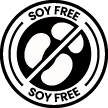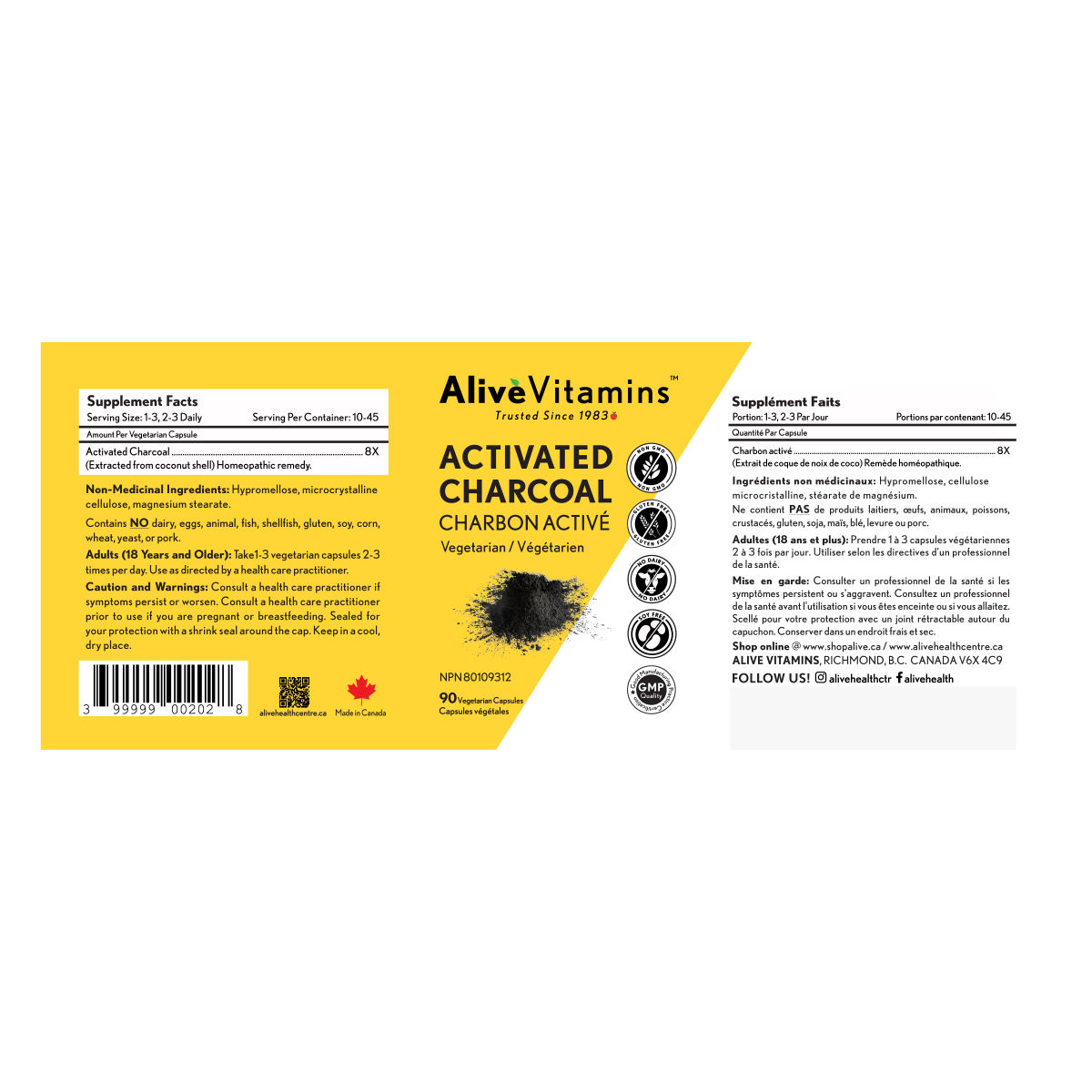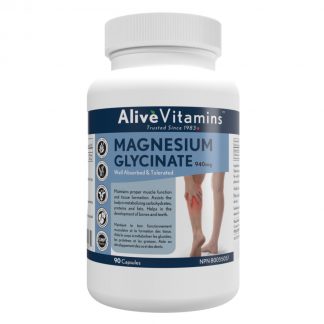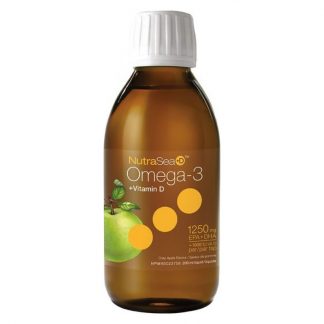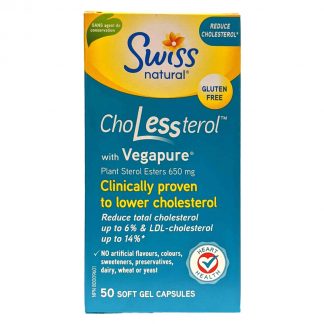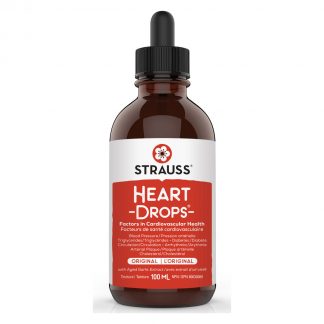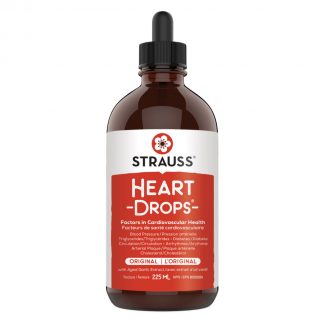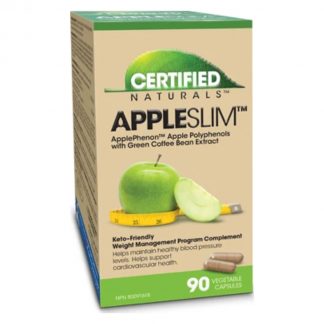Activated charcoal is a supplement with a variety of uses such as the potential to lower cholesterol, treat poisoning, reduce gas and promote kidney function.
What is Activated Charcoal?
- Activated charcoal is a fine black powder made from bone char, coconut shells, peat, petroleum coke, coal, olive pits, or sawdust. Alive Vitamins are extracted from the coconut shell.
- The charcoal is activated by processing it at extremely high temperatures. The high temperatures change its internal structure, reducing the size of its pores and increasing its surface area. This results in charcoal that is more porous than regular charcoal.
It is important to note that activated charcoal shouldn’t be confused with charcoal briquettes that are used when barbecuing. While both can be made from the same base materials, charcoal briquettes have not been activated at high temperatures and they contain additional substances that are toxic to humans.
How does Activated Charcoal work?
Activated charcoal works by trapping toxins and chemicals in the gut, preventing their absorption. The charcoal’s porous texture has a negative electrical charge, which causes it to attract positively charged molecules, such as toxins and gases. This helps it trap toxins and chemicals in the gut. Because activated charcoal is not absorbed by your body, it can carry the toxins bound to its surface out of your body in feces.
What are some other benefits of Activated Charcoal?
- Activated charcoal may help improve kidney function by promoting the elimination of toxic waste products. This may be particularly useful in cases of kidney disease, but more studies are needed.
- Activated charcoal may help reduce unpleasant odors in individuals suffering from trimethylaminuria (TMAU), also known as fish odor syndrome. TMAU is a genetic condition in which trimethylamine (TMA), a compound with an odor similar to that of rotting fish, accumulates in the body. Healthy individuals are generally able to convert fishy-smelling TMA into a non-smelly compound before excreting it in urine. However, people with TMAU lack the enzyme needed to perform this conversion. Activated charcoal appears to bind small odorous compounds such as TMA. This may reduce smelly symptoms for those suffering from fish odor syndrome.
- Hangover prevention: Activated charcoal is sometimes used as a hangover cure. While consuming it with alcohol may reduce blood alcohol levels, its effect on hangovers needs more research to determine how effective it is.
- It has been used to treat prescription drug overdoses, as well as overdoses of over-the-counter medications like aspirin, acetaminophen, and sedatives. For instance, studies show that when a single dose of 50–100 grams of activated charcoal is taken within five minutes of drug ingestion, it may reduce drug absorption in adults by up to 74%. This effect decreases to around 50% when the charcoal is taken 30 minutes after drug ingestion and 20% if it has taken three hours after the drug overdose.
It is important to note that activated charcoal is not effective in all cases of poisoning. For instance, it appears to have little effect on alcohol, heavy metal, iron, lithium, potassium, acid, or alkali poisonings.
What is more, experts warn that activated charcoal shouldn’t be routinely administered in all cases of poisoning. Rather, its use should be considered on a case-by-case basis.
Each Capsule of Activated Charcoal contains medicinal Ingredient:
Activated Charcoal (Extracted from coconut shell) . . . . . . . . . . . . . . . . . . . . . . . 8x (equal to ~ 200mg)
Contains NO: Corn, dairy, eggs, animal, fish, shellfish, gluten, soy, wheat, yeast or pork.
Recommended adult dose: 1-3 capsules 2-3 times daily or as directed by a health care practitioner.



